PROTECT YOUR DNA WITH QUANTUM TECHNOLOGY
Orgo-Life the new way to the future Advertising by AdpathwayiHeartDogs is reader-supported. When you buy via links on our site, we may earn an affiliate commission at no extra cost to you.
How To Conquer Your Pitbull’s Separation Anxiety, Sound Anxiety, or Travel Anxiety
If your Pitbull is experiencing anxiety, life can be miserable both for you and your pup. I myself spent 2 years battling extreme separation anxiety with my dog, and we successfully came out on the other side. In this article, I’ll share some of the resources and strategies that worked for us.
There are many forms of anxiety that your Pitbull may be suffering from. Typical causes of anxiety in Pitbulls might be:
- Separation anxiety – Fear of being separated from their owner. This often manifests itself in your Pitbull pacing, drooling, biting, or being destructive while you’re away.
- Sound anxiety – Fear of loud noises like thunder, fireworks, or a vacuum cleaner
- Travel anxiety – Fear of traveling in a moving vehicle, or fear of intimidating places like your vet’s office or a boarding kennel
1. Experiment with Hemp Oil for Your Pitbull’s Anxiety
One of the tools I successfully used in treating my dog’s anxiety was hemp. While your results may vary, approximately 67% of the dog owners polled here claimed that hemp was ‘extremely effective’ or ‘somewhat effective’ in helping their dog’s anxiety.
In my experience, hemp helped my dog calm down enough to respond positively to the other training methods I was using to treat her anxiety. When choosing a hemp oil, always look for a certificate of analysis showing a pure and safe product. I’d also recommend a product with 0% THC.
If you’d rather not give a hemp oil tincture to your dog, there are also great full-spectrum hemp treat options available for dogs on Amazon.
2. Desensitize Your Pitbull to The Cause of Their Anxiety
Desensitizing your Pitbull involves slowly and gently exposing them to the things that trigger their anxiety until they become less reactive. The key is to start small introduce the trigger at a low intensity and pair it with positive reinforcement such as treats, praise, or play.
For example, if your dog gets nervous when you leave, practice short departures and gradually increase the time. Over time, your Pitbull learns that these situations are not threatening. With patience and consistency, desensitization helps your dog build confidence, reduces fear, and teaches them to remain calm in stressful scenarios.
Related: Best Calming Treat for Dogs
3. For Sound Anxiety, Try Isolating Your Pitbull and Playing Loud Music
Many Pitbulls that suffer from thunderstorm or fireworks anxiety experience relief in a smaller, more isolated room of the house where music can be played at a loud volume. A word of caution, though, if your dog is also experiencing separation anxiety, leaving them alone in a room during the day may be counterproductive.

4. Try Using a Compression Wrap (Available in Many Sizes and Will Fit Your Pitbull)
Many dogs find comfort in the sensation of compression across their body. One popular product many have found success with is the Thundershirt (available on Amazon and Chewy). The product applies gentle, calming pressure that is very reassuring to many pups. The company claims the product to be helpful for about 80% of the dogs who tried it. It can be used to help calm your Pitbull during fireworks, thunder, separation, travel, or vet visits, with no training and no medication required.
5. Try an Herbal Supplement for Your Pitbull with Calming Herbs Like Chamomile, Passion Flower, Ginger Root, or Valerian Root
Many calming supplements exist for dogs that are palatable, easy to feed, and can help quickly relieve your Pitbull’s stress and give a sense of safety and calm. Some supplements contain calming herbs like chamomile, passion flower, ginger root, and valerian root, which are a great option.

6. Experiment with a Pheromone Diffuser for Your Pitbull
Canine pheromone diffusers mimic the calming pheromone that a mother dog emits while nursing her puppies. The diffuser can help many dogs feel calmer and more comfortable in stressful situations. The same company that makes the Thundershirt above also makes a product called ThunderEase diffuser, which is also available on Amazon and Chewy.
7. Try an Anti-Anxiety Supplement Containing L-Tryptophan, L-Theanine, or Melatonin
Other popular ingredients in anti-anxiety supplements include the amino acids L-Tryptophan and L-Theanine, both of which offer calming properties and increase the release of “feel-good” serotonin in your dog’s body. In addition, some calming products for dogs contain a small amount of melatonin, which can help regulate and improve their sleep.

8. Experiment with Using Your Own Scent and Sound to Calm Your Pitbull
In my experience, using your own scent and sound to help calm your dog is a powerful strategy in beating anxiety. I stumbled upon this one day with my own dog by accident.
Typically, if I left the home my dog would instantly enter a panic. But one day I needed to take a long phone call, and left my dog outside my bedroom door where I took the call. During the call, she calmly lied next to the door, where she could obviously smell and hear me. It occurred to me that I could possibly mimic this tactic while I wasn’t at home.
I recorded my voice on a CD player and then put it on loop. Then I placed a used t-shirt on the inside of the door where she could easily smell it underneath. To my surprise, I was able to leave the house for a short time. (I monitored her on a video camera). I slowly increased the length of time I left, and always found her calm and sincerely believing that I was just behind the door!
If you’d like to read the full story of how I cured my dog’s extreme separation anxiety, go here.
Another popular calming product is the heartbeat puppy toy. Traditionally, these have been used to help calm puppies who have recently left their litter. The plush toys come with a warming features as well as a simulated heartbeat. While originally intended for puppies, many dog owners have found they can effectively calm dogs of all ages. This popular model is available on Amazon.
Defeating your Pitbull’s anxiety is absolutely possible—though every dog’s path to calm will be unique. The tools and strategies above can help you get started, but sometimes our pups need an extra layer of support. That’s why at iHeartDogs, we trust gentle, vet-formulated supplements designed to ease stress without harsh medications.
For best results, you can pair the Cannanine Ultra-Premium Broad Spectrum hemp Oil with our Cannanine Bacon-Flavored hemp Calming Chews. Together, these two supplements deliver 10 active, naturally calming ingredients—including hemp, melatonin, and valerian root—to promote relaxation and support emotional balance. Whether it’s fireworks, separation stress, or everyday anxiety, this powerful duo can help your dog feel safe, secure, and comforted.
Frequently Asked Questions About Pit Bull Anxiety
1. Why are Pitbulls prone to anxiety?
Pitbulls are highly loyal and people-oriented dogs, which makes them more likely to experience separation anxiety. They can also develop anxiety due to lack of socialization, past trauma, or changes in routine or environment.
2. What are the most common signs of anxiety in Pitbulls?
Signs include destructive chewing, pacing, whining, barking, panting, restlessness, excessive licking, and even aggression. Each dog may show anxiety differently depending on their personality and triggers.
3. How can exercise help calm my Pitbull’s anxiety?
Daily exercise helps Pitbulls release built-up energy and stress. Long walks, runs, or play sessions reduce anxiety and help them stay calm and balanced at home.
4. Does crate training reduce anxiety in Pitbulls?
Yes, when done properly, crate training provides a safe and secure environment. A crate can become a comforting space that helps reduce stress during times of anxiety, especially when you leave home.
5. Can music help calm an anxious Pitbull?
Yes. Soft, calming music can relax anxious dogs and help mask loud noises like fireworks or thunderstorms, which often trigger stress in Pitbulls.
6. Are natural supplements safe for Pitbull anxiety?
Natural supplements like CBD oil, chamomile, and valerian root can help calm anxiety in some dogs. Always consult your veterinarian before starting any supplement to ensure it’s safe for your Pitbull.
7. What role does routine play in reducing Pitbull anxiety?
Pitbulls thrive on consistency. A predictable schedule for meals, walks, playtime, and rest reduces stress and helps them feel secure in their environment.
8. How does training help manage Pitbull anxiety?
Training provides mental stimulation and builds confidence. Teaching commands and engaging in obedience sessions can redirect anxious energy and make your Pitbull feel more secure.
9. Can socialization reduce anxiety in Pitbulls?
Yes. Exposing Pitbulls to new environments, people, and dogs at a young age helps prevent fear-based anxiety and builds confidence as they grow.
10. What are quick ways to calm a Pitbull during a stressful event?
Techniques include gentle petting, offering a favorite toy, giving a calming treat, using a thunder shirt, or removing them from the stressful environment.
11. Should I comfort my Pitbull when they’re anxious, or will it make it worse?
Comforting is fine, but avoid reinforcing nervous behaviors. Stay calm and reassuring without overindulging their stress, as this may encourage dependency.
12. Do Pitbulls suffer from separation anxiety more than other breeds?
Yes, Pitbulls are known for forming strong bonds with their owners, which makes them more prone to separation anxiety compared to some other breeds.
13. Can diet affect Pitbull anxiety levels?
A healthy, balanced diet supports overall wellbeing, including mental health. Nutrients such as omega-3 fatty acids and B vitamins can contribute to reduced stress levels.
14. Are professional trainers or behaviorists helpful for anxious Pitbulls?
Yes. If anxiety is severe, professional trainers or canine behaviorists can design personalized training and desensitization programs to help your Pitbull cope better.
15. How long does it take to see improvement in Pitbull anxiety with these methods?
It varies by dog and severity of anxiety. Some Pitbulls may show improvement in a few weeks with exercise and training, while others may take months of consistent effort and professional guidance.
Helping Your Pitbull Find Calm
Anxiety can feel overwhelming, for both you and your Dachshund, but it doesn’t have to define your dog’s life. With patience, consistency, and the right tools, most Dachshunds can overcome separation stress, noise phobias, or travel worries and return to their naturally happy, confident selves. Remember, every dog’s journey to calm will look different, so don’t be discouraged if progress feels slow. Even small steps forward are signs of healing. When combined with training and a loving routine, these solutions can make a world of difference in helping your Dachshund feel secure, relaxed, and ready to enjoy life by your side.


 20 hours ago
5
20 hours ago
5
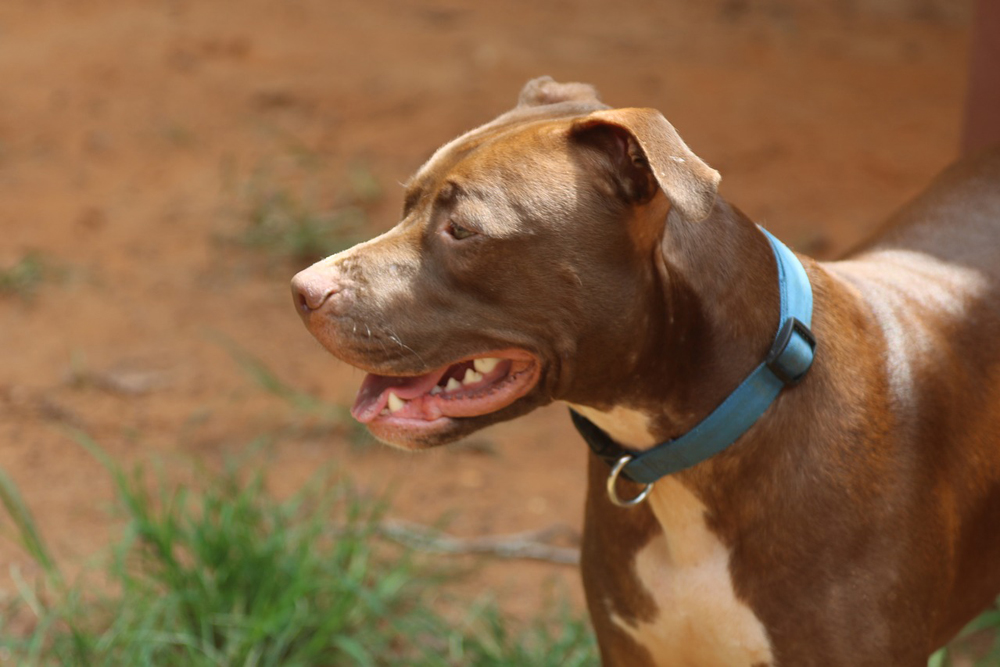



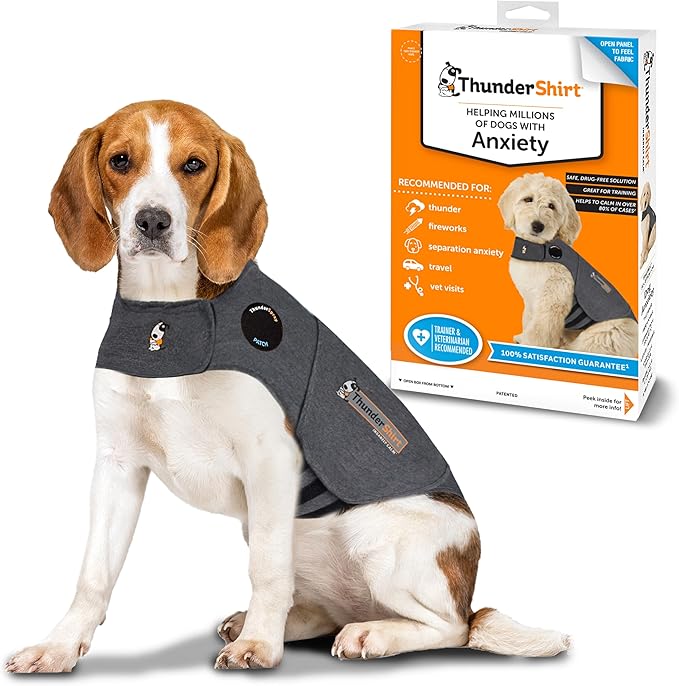

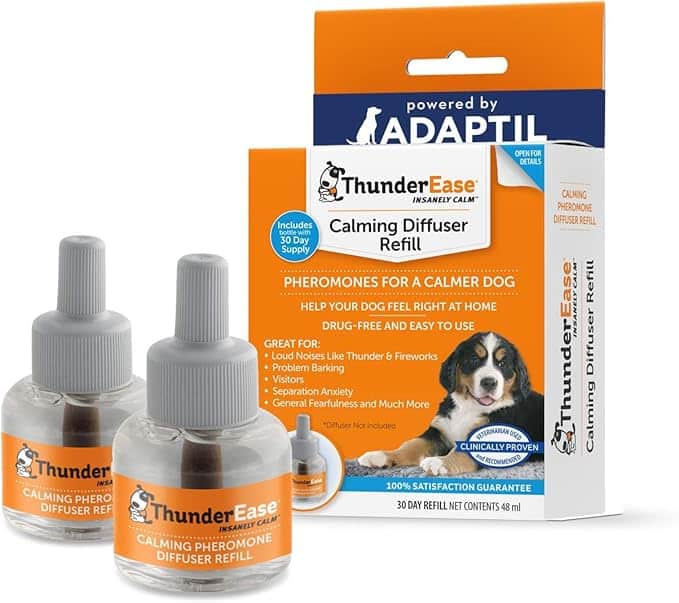
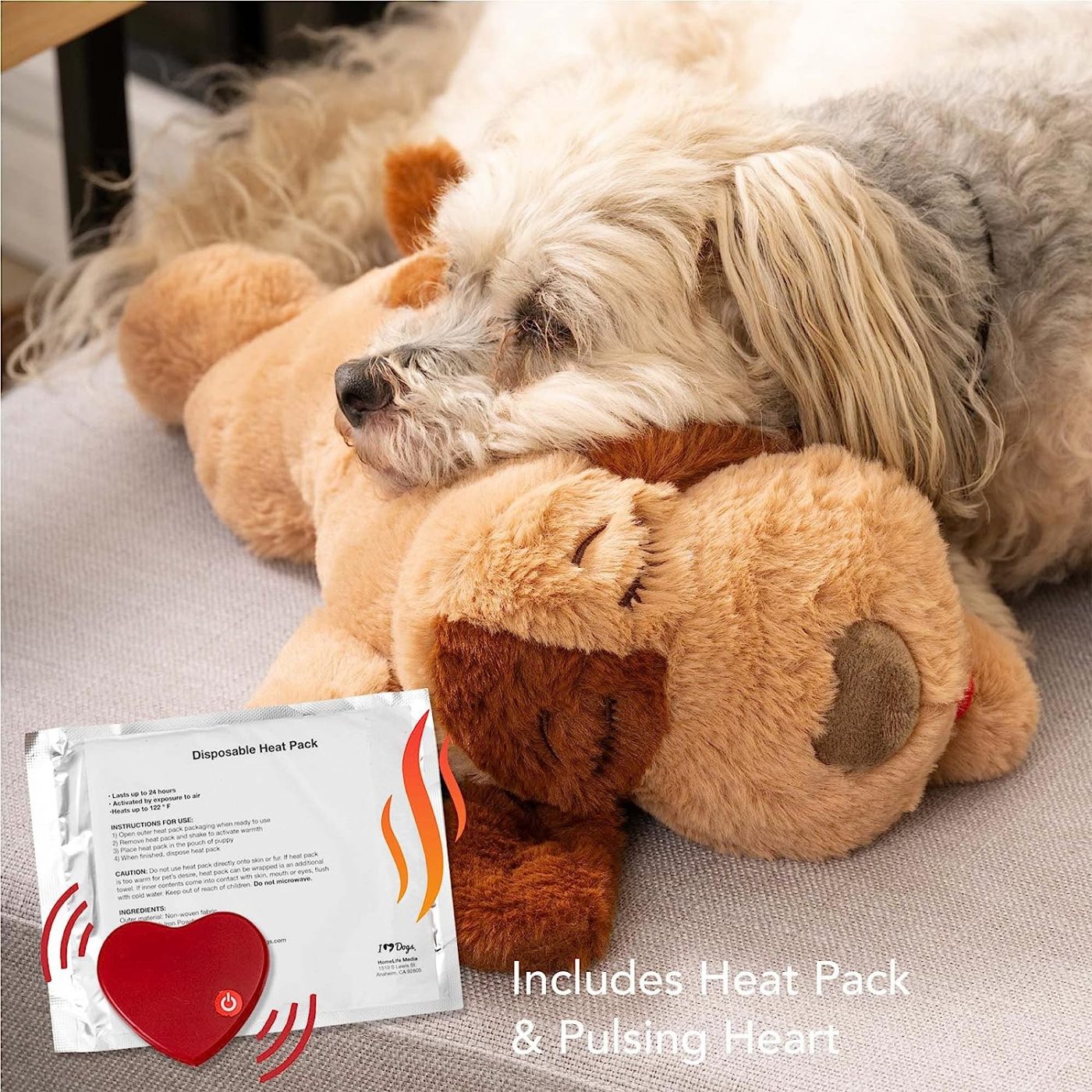
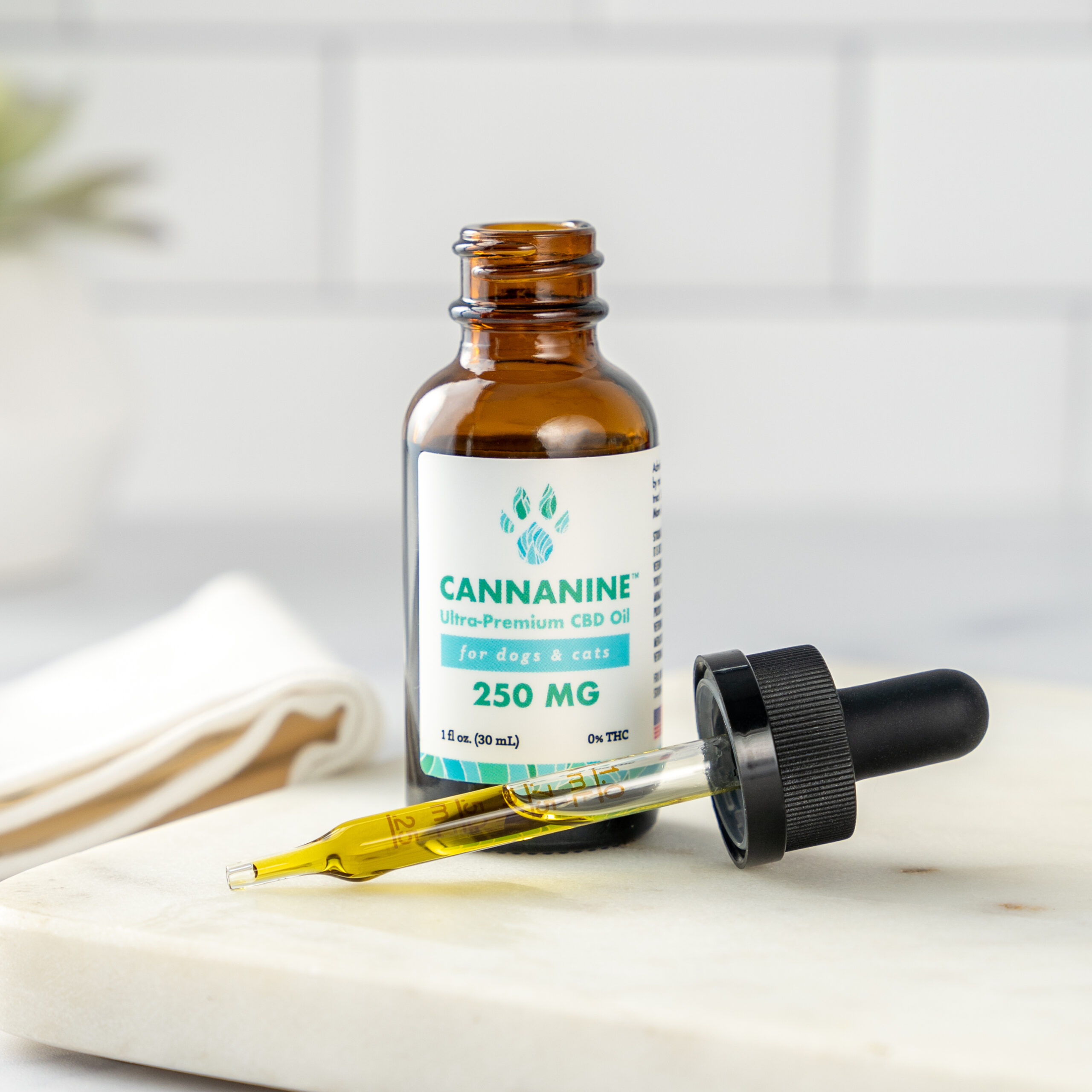


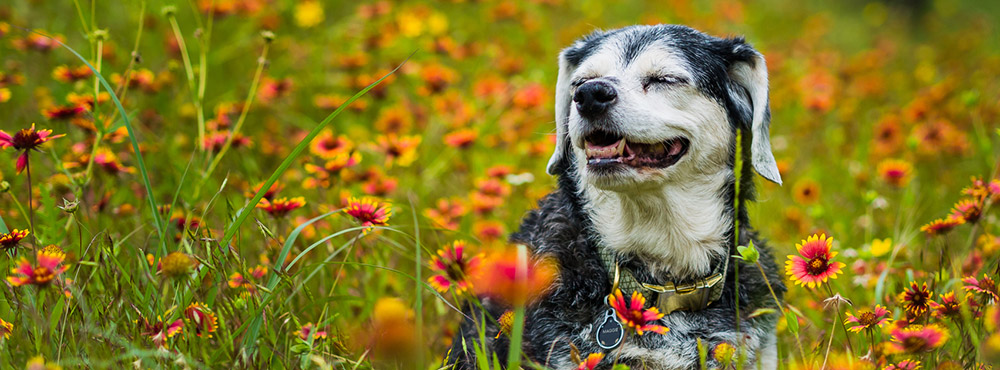
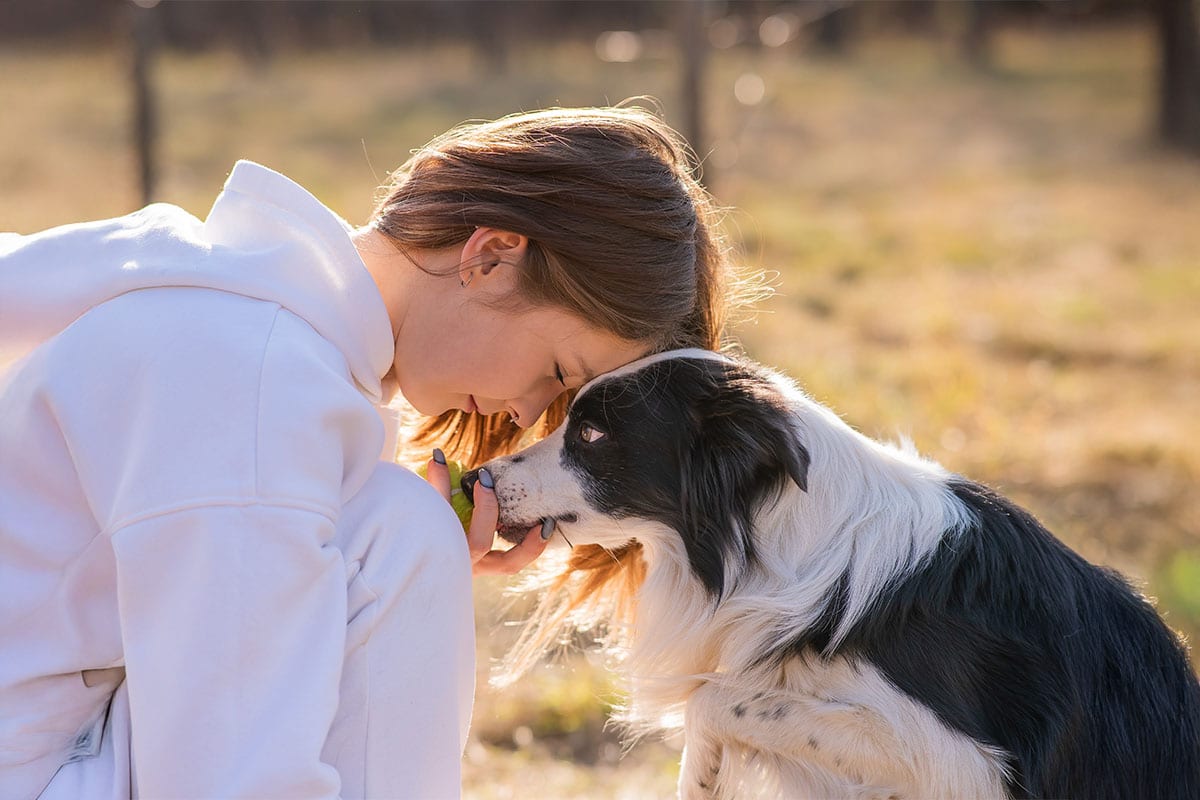



















 English (US) ·
English (US) ·  French (CA) ·
French (CA) ·